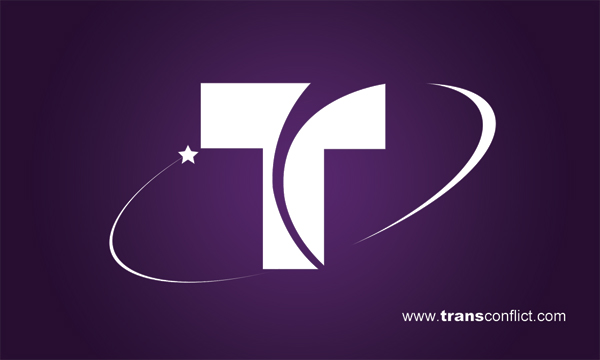Can I reconcile with the man who killed my son?
Robi, an Israeli mother, ponders the possibility of meeting her son David’s killer, and can’t help wonder how honest she is with herself in her quest for reconciliation. Can a person who stole the life of a women’s child ever truly be forgiven? Is the dialogue between perpetrators and victims the key to ending the bloody never ending Israeli/Palestinian conflict?
| Suggested Reading | Conflict Background | GCCT |
Background
Robi, an Israeli mother, ponders the possibility of meeting her son David’s killer, and can’t help wonder how honest she is with herself in her quest for reconciliation. Can a person who stole the life of a women’s child ever truly be forgiven? Is the dialogue between perpetrators and victims the key to ending the bloody never ending Israeli/Palestinian conflict? And can a glimmer of hope come from a place of unbearable pain? Recognizing the humanity in the other must be a recipe for ending the cycle of violence.
Robi was born in South Africa and immigrated to Israel in 1967. Her son was killed by a Palestinian sniper. The first thing she said to the officers who came to give her the dreaded news of her son’s death was “you may not kill anybody in the name of my child”.
After the loss of her son, Robi joined the Parents Circle – families forum an organization made up of more than 600 Palestinian and Israeli families who have each lost an immediate family member to the conflict. She is the spokesperson for the organization and is in charge of International Relations.
About TEDx
In the spirit of ideas worth spreading, TEDx is a program of local, self-organized events that bring people together to share a TED-like experience. At a TEDx event, TEDTalks video and live speakers combine to spark deep discussion and connection in a small group. These local, self-organized events are branded TEDx, where x = independently organized TED event.




















RT @TransConflict: Can I reconcile with the man who killed my son?: Robi, an #Israeli mother, ponders the possibility of meeting… http://…
Can I reconcile with the man who killed my son? – #Israel #Palestine – http://t.co/TmtYy7Gzqn
RT @TransConflict: Can I reconcile with the man who killed my son? – #Israel #Palestine – http://t.co/TmtYy7Gzqn
@TransConflict It’s called forgiveness. It also frees you.
@TransConflict -Yes you can. Forgiveness is the key. It’s a burden you need to drop off.
RT @TransConflict: Can I reconcile with the man who killed my son? – #Israel #Palestine – http://t.co/TmtYy7Gzqn
Can I reconcile with the man who killed my son? – #transformconflict #Israel #Palestine – http://t.co/TmtYy7Gzqn
Can I reconcile with the man who killed my son? http://t.co/cYKXphvHIP #Nonprofit
RT @Aktivizmo: Can I reconcile with the man who killed my son? http://t.co/cYKXphvHIP #Nonprofit
Reconciliation is a choice but it is also a necessity and a possibility no matter the nature of offense. The key or focus is in the word ‘RECONCILIATION’ is NOT the act itself but it is hidden in the Reason or essence of forgiving. I am basing my facts on two key words; Forgiveness and Reconciliation. Reconciliation cannot exist without forgiveness and true forgiveness is a foundation laid for reconciliation to happen.
Killers have a mentality slightly lower than it can produce average morals. They do not bear witness of the expression; LOVE. I can conveniently forgive and beyond that I reconcile. This is also because I have studied such mindsets and I know how it works. Every killer at one point regrets the act. Most often KILLING to them is the solution to their challenges they face: though not true. Do you agree with me that killers do not believe in any alternative as a solution to the challenge they face? But I believe in alternative of being grieved and not reconciling. You need to know how to forgive so that you can know how to reconcile. There is just one legal opportunity for every man to live but when the one opportunity is snatched from your SON, you can still forgive you can reconcile. I have watch the video and she makes it clear that she taught people and schools on how to reconcile. She also met people of her kind. Do you know that often REVENGE and reconciliation are influenced by your companionship? Your feelings could be influenced by these ones. Yet forgiveness is an option but a necessity.
RT @josdelahaye: RT @TransConflict: Can I reconcile with the man who killed my son? @TransConflict archive – #TransformConflict – http://t…
Indeed it not an easy task to forgive your offender, but am very much impressed on the woman move for forgiving the killer of her son. May God blessed her aboundantly.